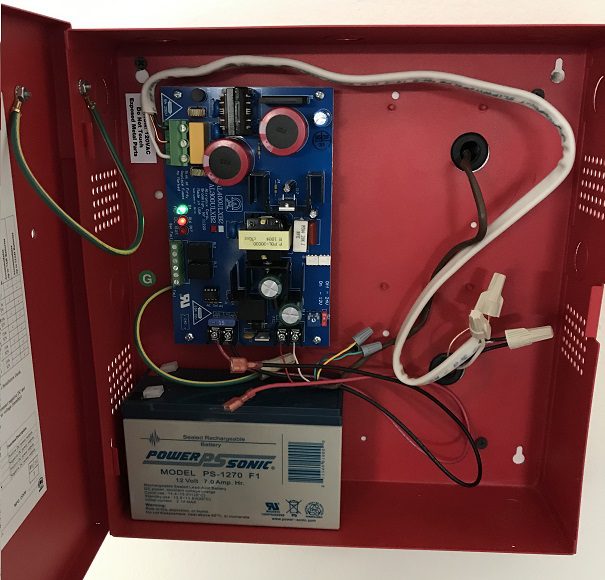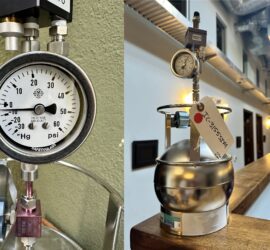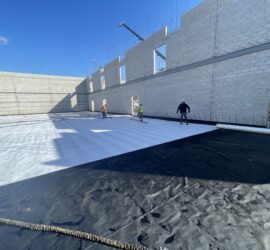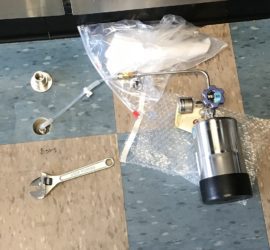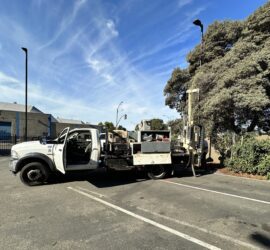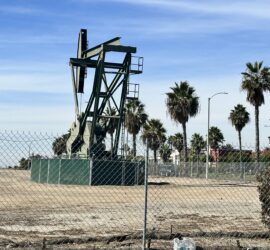Control Panel in a Methane Mitigation System
Control Panel of a Methane Mitigation System: A methane mitigation control panel is the brain behind the active mitigation system. In accordance with the Los Angeles Department of Building and Safety (LADBS) Methane Code, Ordinance Number 175790, a control panel synchronizes methane alarm units with sensors and the active ventilation systems on-site. For instance, the control panel of a methane mitigation system activates the sub-slab soil vapor extraction system and HVAC system when high levels of methane soil gas occur.
